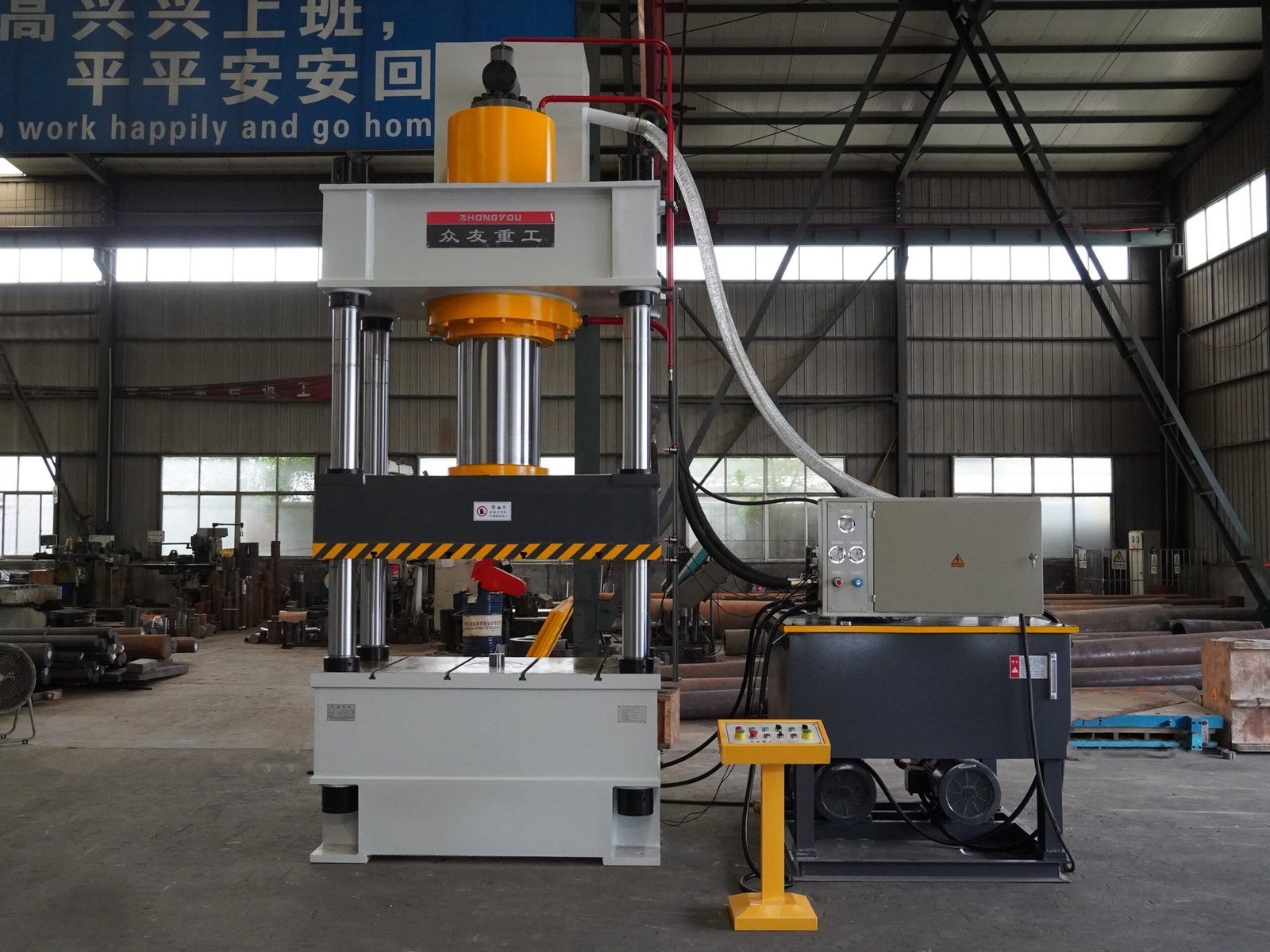
A hydraulic press is not capable of crushing anything. While a hydraulic press possesses immense pressure capable of crushing or shaping numerous materials such as metals, plastics, and rubbers, it is not omnipotent.
Firstly, the pressure of a hydraulic press is determined by its design and specifications. Different models of hydraulic presses have varying maximum pressures.
For materials with extremely high strength and special structures, they might not be completely crushed. For instance, some high-strength alloys, after undergoing special processing, possess exceptionally high compressive strength and toughness, which may cause them to deform rather than shatter under the pressure of a hydraulic press. Another example is structures composed of multi-layer composite materials, where the layers interact to disperse and withstand pressure, potentially resisting the pressure of a hydraulic press.
Furthermore, for materials with complex internal structures or shapes, a hydraulic press may not be able to apply pressure evenly, leading to suboptimal crushing results.
Additionally, the safety and stability of the hydraulic press must be taken into account. Attempting to crush materials beyond its capabilities could result in equipment damage, personnel injury, or safety accidents.
Therefore, although a hydraulic press is a powerful tool capable of crushing and shaping numerous materials, its capabilities are not unlimited. When selecting a hydraulic press, it is essential to choose the appropriate model and specifications based on the specific application scenario and material properties https://wellmachines.com/,and to follow relevant safety operating procedures.
Views: 0
